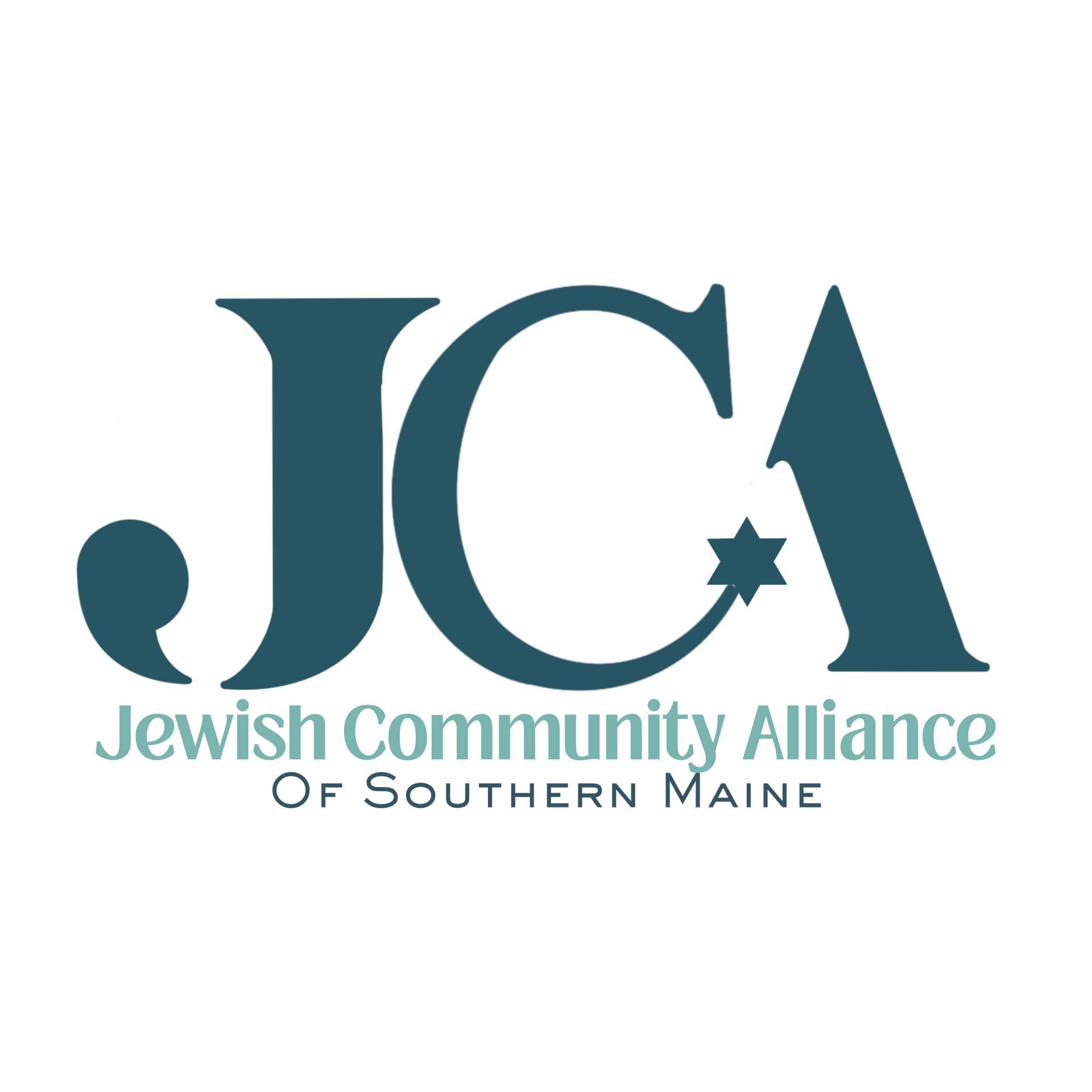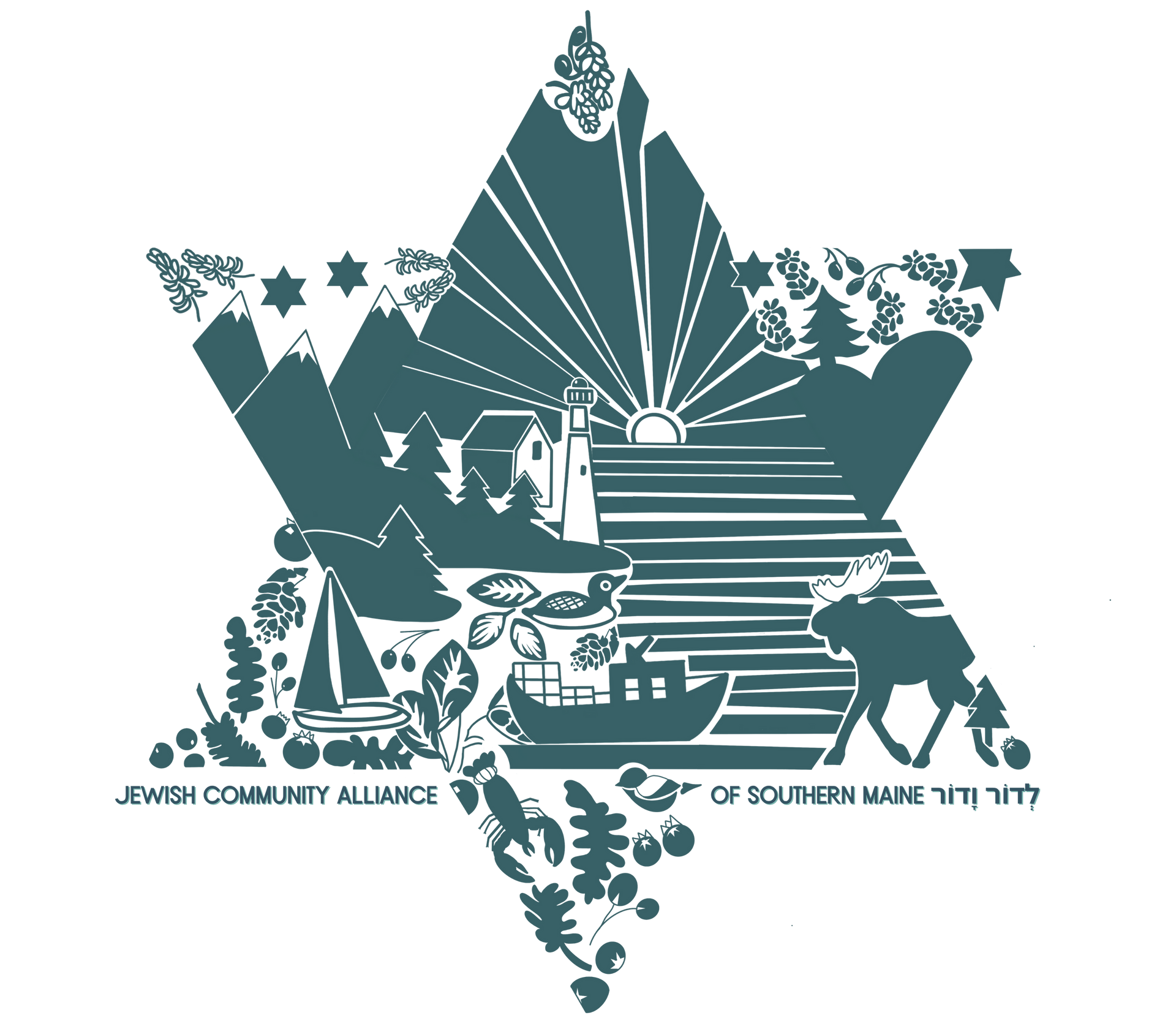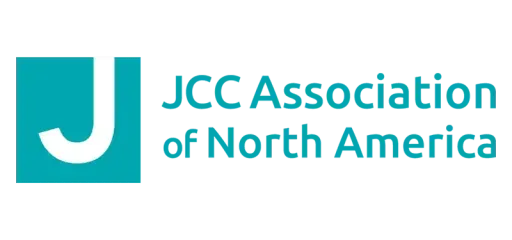Like those who came before us, we must burn brightly too.
Shabbat Shalom & Happy Chanukah: A Message From Our CEO

Dear Friends,
Chanukah celebrates a miracle, of a day’s supply of oil that miraculously burned for 8 days. That is why we light the menorah each night for 8 nights and cook foods in oil throughout the holiday. But Chanukah also celebrates action – women and men who were willing to stand up and fight in the face of enormous obstacles, to ensure that their faith would survive and be passed on, l’dor v’dor, from generation to generation. That is another light, a light we must light in ourselves. As a line from “I Am a Light”, one of my favorite Chanukah songs, goes, “Like those who came before us, we must burn brightly too”.
Our world is filled with much that is dark. For Jews, an added darkness is the dramatic rise in antisemitism over the past decade. Chanukah is a good time to shine a light on antisemitism and the dangers it presents. Antisemitism has reached an all-time high in the US, increasing over 200% since October 7th, and the year prior to October 7th was already at an all-time high. Despite these dramatic increases, surveys show that most non-Jews are unaware of the increase in antisemitism, the severity of antisemitic attacks, and the toll that such rampant antisemitism takes on the day to day lives of Jews in America.
Antisemitism is an existing and ongoing problem, and we all need to work collectively to own our own piece of it. The current hyper-partisan environment in our country does a tremendous disservice to everyone fighting antisemitism and other forms of oppression. The rush to call out bad behavior on the “other side” often blinds us to our own groups’ transgressions – and have no doubt, antisemitism exists on all sides and in every level of our political spectrum. Antisemitism thrives when we only call out bad behavior of the “other side”, making excuses or ignoring that same bad behavior when it is perpetrated by someone we care for, someone we respect, or someone who meets our political needs. We must be equal opportunity in our calling out of antisemitism, everywhere we see it. When it’s in the form a friend’s social media post, when it’s in the form of a colleague’s joke at work, and when it’s in the form of statements and deeds from members of our own political parties. There is no acceptable level of antisemitism, just like there is no acceptable level of racism or sexism or any other oppressive system. We must have the strength and demonstrate the leadership to clean our own houses and not afford ourselves the easy out of saying “but what about them”.
Going forward – together – we must give hate no safe harbor. Not against Jews, not against anyone. Antisemitism is often the beginning of tyranny but it is never the end, what starts with Jews does not end with us, bigotry against one group of Americans is bigotry against us all. It is vitally important that we remain unified as a community in the face of these threats, to be united and not divided.
Locally, the Jewish Community Alliance works every day to fight the threat of antisemitism. In the past several months, we have hosted a community dialogue on antisemitism, created a task force to assess and develop of plan to combat antisemitism throughout Maine, held a critically important community conversation with Governor Mills on antisemitism and Jewish life in Maine, and investigated and responded to a number of antisemitic incidents in our region. We will continue to shine a light on antisemitism through these and other programs in 2025.
Please commit to joining me in our ongoing efforts to proactively fight antisemitism and hate, calling out antisemitism whenever and wherever we see it, demanding accountability and action from those whose job it is to represent us and keep us safe, and to focus on building each other up, not tearing others down.
A little light can dispel a lot of darkness. May the lights we kindle next week shine forth for all the world to see. And may we each light a light in ourselves, recognizing that we are all b’zelem Elochim, created in the image of God, and that we all bear the responsibility of tikkun olam, doing everything we can to make the world a better place. Like those who came before us, we – all of us – must burn brightly too.
Shabbat Shalom
Leslie Kirby, CEO
Jewish Community Alliance of Southern Maine







